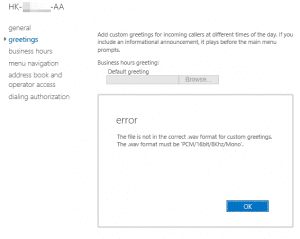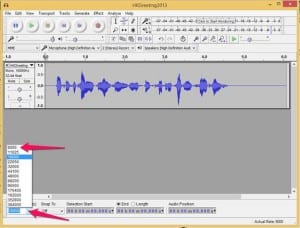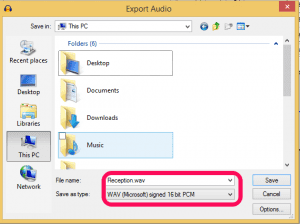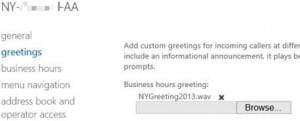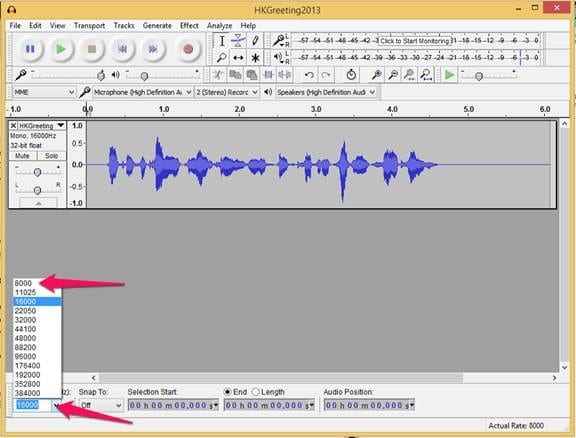
Today we’re going to talk a little on UM greetings, speciffially exporting and importing. Now this will be focused in and around the Microsoft realm however some of these procedures I’ve used on other platforms.
Let’s set the stage for this walk through, you’re a company migrating to O365. You have Exchange UM on-prem, you’ve have spent hours on your custom greetings for Subscriber Access and Auto Attendants. No need to recreate, we can export and import, here’s how.
Let’s start with exporting on-prem. We’ll use Export-UMPrompt here, commands are below. Screen shots below will help with a visual of successful commands. Please note that we’re specifying the .wav but exporting as .mp3. This will make sense in later steps.
$prompt = Export-UMPrompt -UMAutoAttendant “Name of AA” -PromptFileName “Audio file name.wav”
Set-Content -Path “C:\UMExports\HKGreeting2013.mp3” -Value $prompt.AudioData -Encoding Byte
Once exported you’ll have an MP3 file that you can play with and verify contents. However when importing via Import-UMPrompt or selecting these new greetings in Exchange Online you’ll get “The .wav format must be ‘PCM/16bit/8Khz/Mono’.”
The exported files are 16Khz and we need 8Khz. So, we need to convert, but first we’ll need some shareware. I prefer to use Audacity for this, it’s quick and easy to use.
You may download a copy from https://sourceforge.net/projects/audacity/.
Once installed, open one of your mp3 files with Audacity. Click the dropdown on Project Rate in the bottom left hand corner and choose 8000.
Next go to File and Export Audio, be sure to export as wav.
Now that you have your greetings exported and converted you can proceed with the import.
Exchange UM Online, simply open the dial plan of choice and upload your greeting.
Exchange UM on-prem, you’ll want to import much like you exported. Below are a few examples, for more information please visit here.
UM dial plan:
[byte[]]$c = Get-content -Path “c:\UMExports\HKGreeting.wav” -Encoding Byte -ReadCount 0Import-UMPrompt -UMDialPlan HKDialPlan -PromptFileName “HKGreeting.wav” -PromptFileData $c
UM auto attendant :
[byte[]]$c = Get-content -Path “c:\UMExports\HKGreeting.wav” -Encoding Byte -ReadCount 0Import-UMPrompt -UMAutoAttendant HKAutoAttendant -PromptFileName “HKGreeting.wav” -PromptFileData $c
If you’re working with ShoreTel or Avaya please reference the following:
Avaya:
PCM/Uncompressed, 16-bit, 8 kHz, Mono
ShoreTel:
µ-law, 8-bit, 8 kHz, 16 kHz, Mono
α-law, 8-bit, 8 kHz, 16 kHz, Mono
16-bit, 8 kHz, Mono
16-bit, 16 kHz, Mono
Brandon Stuart, PEI


